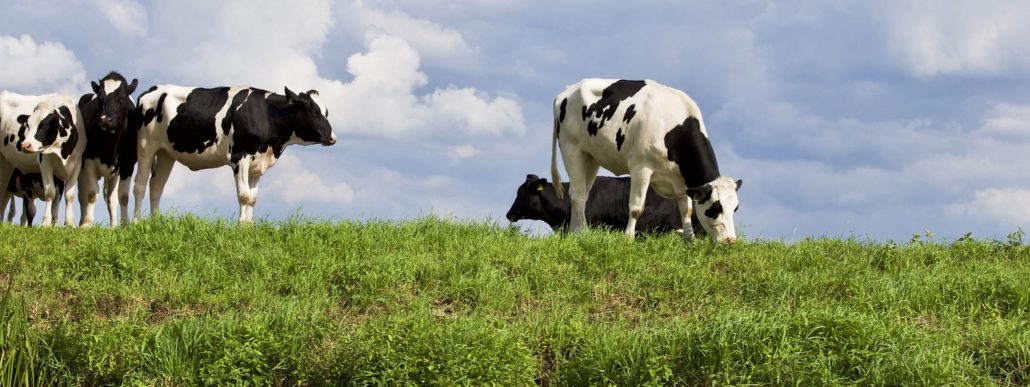When addressing sustainability on farms, animal welfare is often mentioned as part of the social element of sustainability. Although I recognise the significance of caring for the animals on a farm for the sake of the animal itself, which is socially desirable, a much more significant role of animal welfare is ensuring the health of the animal so that it can remain productive, as well as produce a healthy product.
Animal welfare is measured using the five freedoms: 1) freedom from thirst, hunger and malnutrition; 2) freedom from discomfort; 3) freedom from pain, injury and disease; 4) freedom from fear; and 5) freedom to engage in relatively normal patterns of animal behaviour. All of these freedoms contribute to maintaining a healthy animal, which results in a farmer having to spend less money on veterinary and medical expenses. It will also ensure that animals are in prime condition for breeding and the production of healthy products.
Animal welfare is therefore linked to sustainability in that looking after your animals will ensure less need for external inputs. It also contributes to the long-term success and profitability of the farm, ensures the production of a healthy product for the consumer, and ensures the socially acceptable and responsible handling of animals.
- A carbon footprint assessment for pasture-based dairy farming systems in South Africa - 2024-02-07
- What progress have farms participating with Trace & Save made over the past 10 years? - 2023-09-06
- Carbon footprint reduction over time: Lessons from pasture-based dairy farms in South Africa - 2023-09-04

